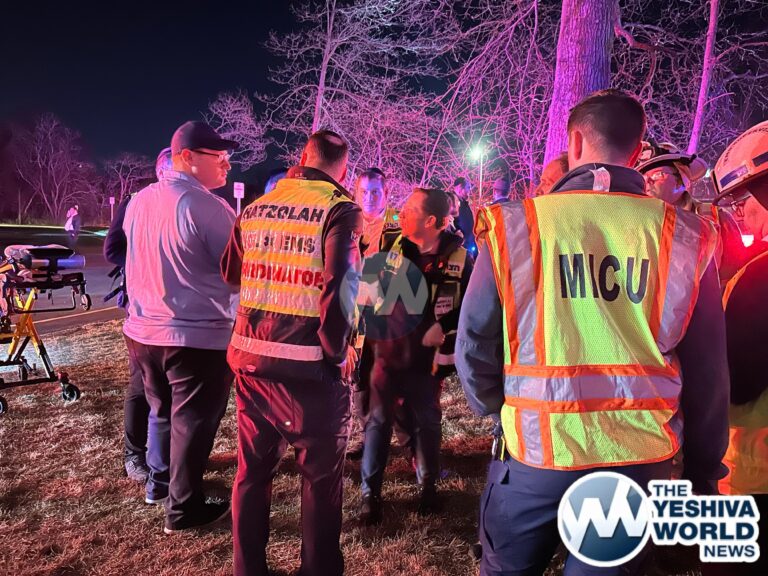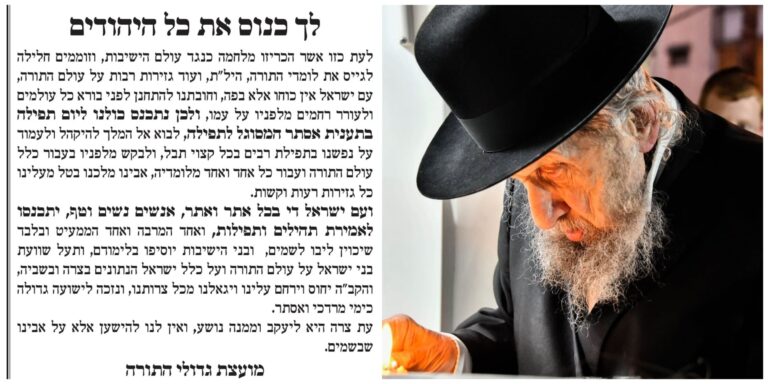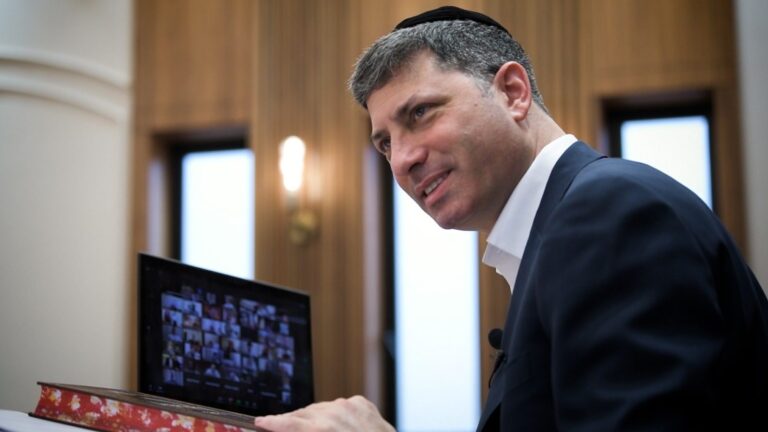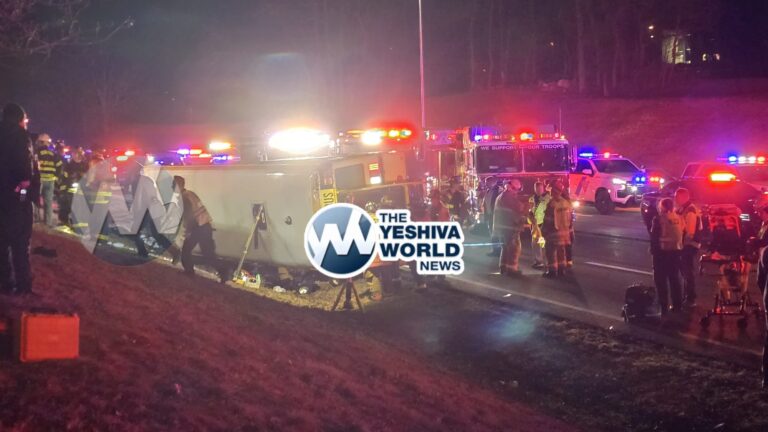 We are all familiar with chronic asthma, which is caused by of an inflammation in the passageways of the lungs. We also are all too familiar with the symptoms of coughing, wheezing, shortness of breath and tightness in the chest. Although people who suffer from Exercise-Induced Asthma (EIA) may have many of the same symptoms as those who suffer from chronic asthma – with symptoms occurring during or immediately after exercise, the causes appear to be different. Let’s have a look at what causes EIA.
We are all familiar with chronic asthma, which is caused by of an inflammation in the passageways of the lungs. We also are all too familiar with the symptoms of coughing, wheezing, shortness of breath and tightness in the chest. Although people who suffer from Exercise-Induced Asthma (EIA) may have many of the same symptoms as those who suffer from chronic asthma – with symptoms occurring during or immediately after exercise, the causes appear to be different. Let’s have a look at what causes EIA.
There are currently two theories as to the causes of EIA. The first is the hyperosmolarity theory. This theory states that water lost from the airway surface during exercise leads to the eventual release of pro-inflammatory mediators which in turn cause bronchoconstriction. The second is the airway rewarming theory, which suggests that the hyperventilation which takes place during exercising cools the surface cells of the airways, and that upon re-warming, these airways constrict.
The one common denominator amongst most EIA is that exercising in cold weather conditions is almost always a catalyst of an EIA event. A recent study (Storms 2003) indicated that many athletes who had no prior personal or family history of asthma, and were able to exercise in warm weather with no symptoms appearing, would become symptomatic during cold weather workouts.
There are several suggestions for keeping EIA under control. First and foremost, if you are a recreational athlete, you may want to avoid those particular activities that bring on your EIA. Also, for those who warm up gradually with pulse rates no higher than 120 beats per minute, tend to decrease the occurrence and severity of post exercise bronchoconstriction. Some take medications for asthma 10-15 minutes before their program is to begin. Following these recommendations will minimize your chances of developing EIA.
Be familiar with medications that can help you.
Warm up slowly and gradually.
Exercising in or around a pool is better because the air is warmer and more humid.
If you feel symptoms beginning, breath through your nose as it warms the air.
Keep your cool-down prolonged.
Avoid high-pollutant and high-pollen environments.
In cold weather, cover your mouth with a scarf or mask.
In case of an asthma attack, decrease your intensity immediately and if symptoms don’t subside, seek medical attention at once.
Make sure you are properly hydrated before, during, and after exercise.
Taking proper precautions to protect against Exercise-Induced Asthma is another way to “….add hours to your day, days to your year and years to your life.”
Alan Freishtat is an A.C.E. CERTIFIED PERSONAL TRAINER and a LIFESTYLE FITNESS COACH with over 14 years of professional experience. He is the co-director of the Jerusalem-based weight loss and stress reduction center Lose It! along with Linda Holtz M.Sc. and is available for private consultations, assessments and personalized workout programs. Alan also lectures and gives seminars and workshops. He can be reached at 02-651-8502 or 050-555-7175, or by email at [email protected]
Check out the Lose It! website at www.loseit.co.il. US Line: 516-568-5027










